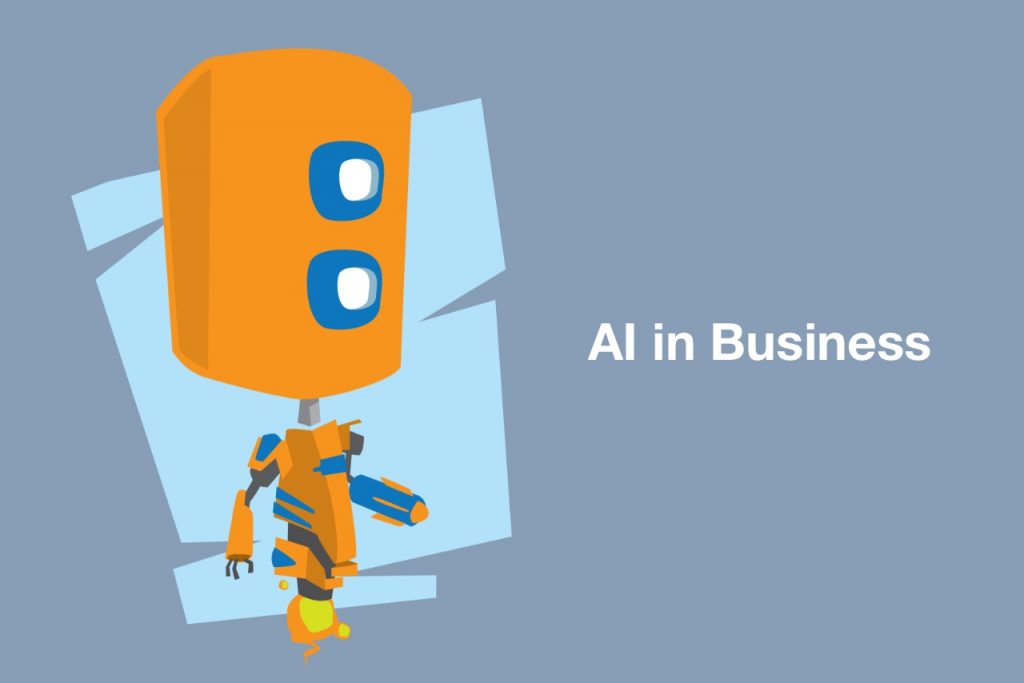Thanks to AI, the entire business landscape is changing, with the technology affecting numerous industries and processes within them. In fact, those who don’t embrace it may risk falling behind. Why? Because AI can serve multiple purposes, thus giving a very much needed competitive advantage. Here are some of the most notorious ones.
Artificial Intelligence in Business
Analyzing data
Machine learning, a facet of AI, is a process by which technology recognizes patterns, learns from them, and adapts accordingly. This is ideal for analyzing data. For example, if you’ve gathered data from a marketing campaign, you’ll be able to make predictions about how consumers might behave in the future based on their buying or consumption patterns in the past. This will allow you to plan your strategies and hone your ideas accordingly.
Assisting customers
You’re probably familiar with the AI-powered voice assistance tools like Alexa. You can also deploy similar tools to assist your customers. Chatbots, for instance, can be helpful in resolving simple customer issues. If the problem is too complex, a human can step in. Voice assistance technology is another tool some companies are using in a similar way, “speaking” to customers to help them, say, book flights, or complete purchases through simple vocal commands.
Personalization
Consumers are increasingly demanding more personalized experiences from the products and services they buy. AI helps make this possible. Going back to its ability to analyze data, AI can evaluate patterns in people’s behavior and predict what they might want or like in the future. Take Netflix, for instance. The streaming service is famous for its algorithm that predicts the movies and TV shows users might enjoy based on what they’ve watched in the past, a feature fueled by machine learning.
Automation
Automation is at the heart of AI, particularly in terms of its relationship with business processes. Across many different sectors, AI is handling often repetitive processes that don’t require human-level intelligence to perform. It can, for instance, handle insurance claims and offer banking customers 24/7 financial services. It can check travelers in at airports and hotels via automated kiosks and spot when inventory is low and needs to be restocked. In the future, it may be able to handle more complex inefficiencies.
Business protection
As cyberattacks become more prevalent, there is an urgent need for businesses to put measures in place that can guard against these threats. AI is able to comb digital data from many resources to recognize a potential attack and the risk it poses. It can then alert you to the threat and help you stay on top of it before it affects your business operations. In fact, according to a Capgemini Research Institute survey, 61% of enterprises say they would not be able to spot data breach attempts without the help of AI.
Identifying talent
Businesses can also use AI to help them identify and attract top talent in their industries. Already, it’s used in targeted job ads, geared toward people with certain job titles or experience. It also powers applicant tracking software (ATS), which saves recruiters time by combing through resumes to find certain keywords and qualifications, flagging potential candidates for a given job. It can also be used in the interview processes. Some video interview platforms are able to analyze features like tone of voice and body language to help the interviewer gauge whether a candidate is a good fit. Is AI here to replace human workers? No. Not yet, anyway. But it can greatly improve efficiency in businesses through features like automation, data analysis, customer assistance, recruitment, and cybersecurity. Right now, its job is to work alongside humans and augment their work, not detract them from it. This also gives them more time to devote to complex tasks. In the future, we’re likely to see even more capabilities and applications for AI — possibilities we can’t yet imagine.
